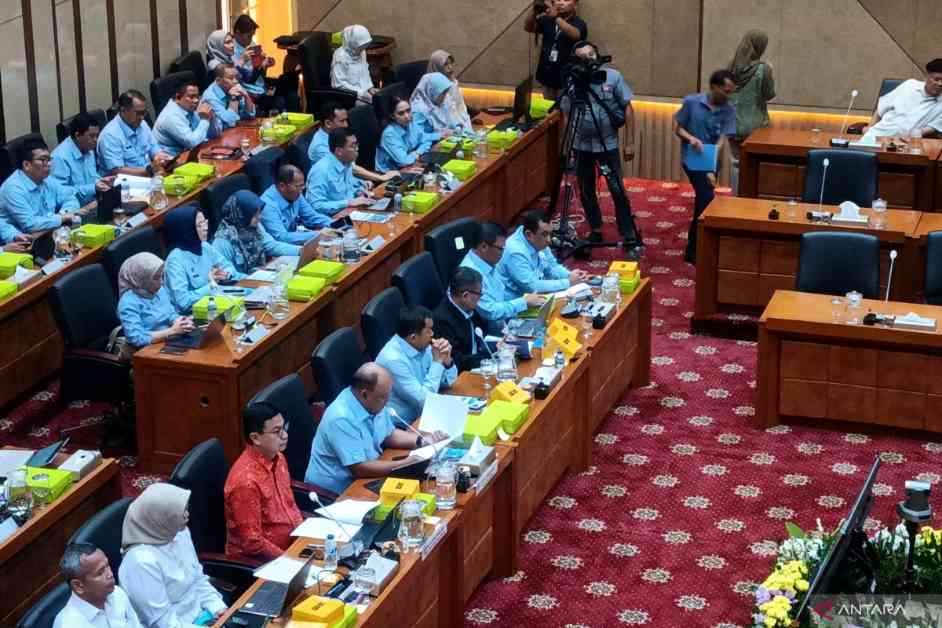The National Nutrition Agency (BGN) recently reported that the Free Nutritious Meals program, which kicked off on January 6, 2025, has managed to reach a whopping 3.9 million beneficiaries. During a meeting with the House of Representatives (DPR) in Jakarta, BGN head Dadan Hindayana shared that the program has been implemented at 1,397 nutritional fulfillment service units (SPPGs) spread across 38 provinces in Indonesia.
Dadan Hindayana went on to reveal that BGN is aiming to establish approximately 294 new SPPGs in various regions by next week. This could potentially lead to an increase in the number of beneficiaries by around 882 thousand. Hence, by the end of May 2025, BGN predicts that the number of beneficiaries will hit 4.8 million, surpassing the initial target set by President Prabowo Subianto, which was 4 million.
Moreover, Hindayana emphasized the importance of reducing the time between the cooking and distribution of the meals to maintain their freshness. The agency has also encouraged SPPGs to be more cautious in selecting food materials to ensure their safety and freshness. Additionally, SPPGs have been advised to conduct an organoleptic test to assess the look, smell, taste, and texture of the food before distributing it.
Not really sure why this matters, but the Free Nutritious Meals program is a key initiative by President Prabowo Subianto and Vice President Gibran Rakabuming Raka for their term from 2024 to 2029. The program aims to enhance the nutritional status of children under five, pregnant women, breastfeeding mothers, and schoolchildren up to high school level. With plans to reach 4.8 million beneficiaries by the end of May 2025, the BGN is focused on continuous improvements to ensure the success of the program.
Maybe it’s just me, but it seems like the government is really pushing to make sure that everyone involved in the Free Nutritious Meals program is well taken care of. With the addition of new SPPGs and the emphasis on food safety and freshness, it’s clear that BGN is dedicated to making a positive impact on the lives of millions of beneficiaries. The commitment to quality and the well-being of the recipients is truly commendable, and it’s heartwarming to see such efforts being made to address nutritional needs in Indonesia.






















